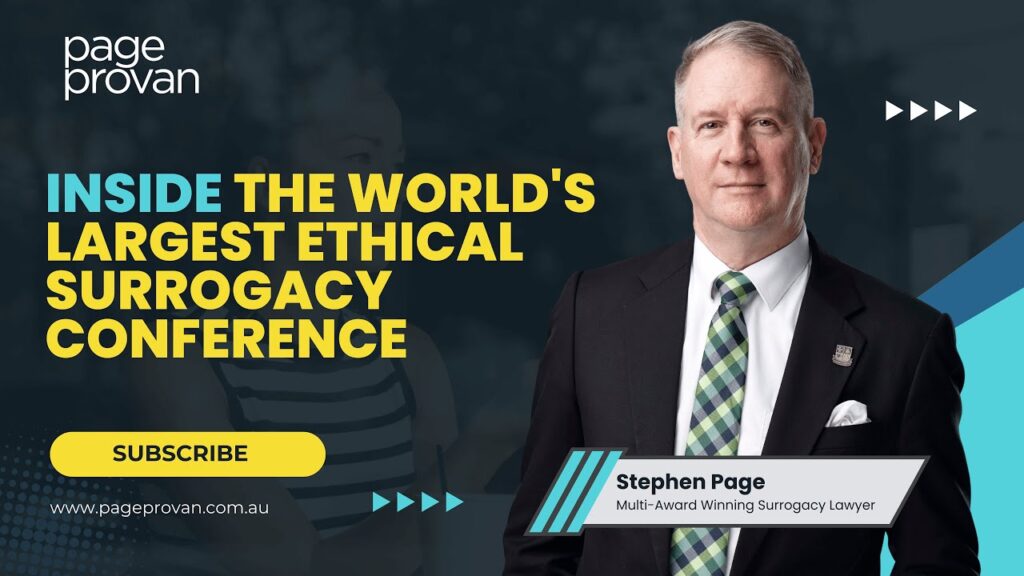Single, gay, lesbian, bisexual, trans and intersex people want to have babies too
It is one of those acts of fate that not all of us are born the way that we wish to be, or we need to be to be able to reproduce naturally.
Some women discover that their eggs don’t work- and need an egg donor. Some men discover that their sperm doesn’t work and a sperm donor is required.
Some women are born without a uterus, or are survivors of cancer, and need a surrogate.
Some of us discover that we are lesbians- and cannot have children without the aid of some man’s sperm.
Some of us discover that we are gay or bisexual- and cannot have children without the aid of an egg donor and a surrogate.
But there are others of us who get forgotten. While some trans people can reproduce, others cannot. The hopes and desires of these people to have children and to raise a family is just as real as that as anyone else.
Similarly, intersex people are often forgotten. They often cannot reproduce naturally, and just like seemingly everyone else may have that burning desire to become parents.
Some people are single, but still want to have children. They may need an egg donor, or a sperm donor or a surrogate or all three.
And for many people, unfortunately the law discriminates about whether they can or cannot be parents. In the powerful words of an old client of mine, “The Government cannot tell me when I can or can’t have children. The Government can’t play God.” Well, yes it can and yes it does, or to be more accurate, Parliaments do so.
How do our reproductive laws discriminate?
By and large, we have State based fertility laws in this country, and they vary considerably.
Queensland
There is discrimination in Queensland. The Anti-Discrimination Act specifically allows for discrimination on the basis of relationship status and sexuality in the provision of assisted reproductive treatment services. However, with the removal of exemptions to the Sex Discrimination Act on 1 August, the latter overrides the former. In practice, I have not heard of discrimination for a long time. The Surrogacy Act is non-discriminatory.
New South Wales
On its face, NSW law does not discriminate.
ACT
ACT law discriminates in surrogacy cases not on the basis of sexuality, but whether a person is single. Only couples need seek surrogacy, and the surrogate must also be part of a couple. No single surrogates can help in the ACT.
Victoria
On its face, Victorian law does not discriminate.
Tasmania
Tasmanian law does not discriminate as to whether someone is single or a couple, or on the basis of sexuality. Given its small size, the surprising thing is that for surrogacy cases, EVERYONE must come from Tasmania at the beginning of the case. While that might be dispensed with by a Magistrate at the conclusion of the case, that is 18-24 months away at best.
South Australia
South Australia specifically discriminates against lesbians, single women at some level, and anyone who is seeking surrogacy who is not part of a heterosexual couple (and even those if they are in a de facto relationship for less than 3 years). However, South Australia is looking to legislate to remove this discrimination, possibly by the end of this year, which in any case is impacted by the changes to the Sex Discrimination Act.
Western Australia
Western Australia does not discriminate with assisted reproductive treatment services BUT it does discriminate with surrogacy. Funnily enough, heterosexual couples, lesbian couples and single women can access surrogacy, but gay couples and single men cannot. Where this leaves trans and intersex people- who knows.
Northern Territory
The NT has few laws affecting fertility, and therefore on the face of it no discrimination- BUT- the only clinic there will not provide surrogacy services (because there are no surrogacy laws in the NT and therefore there cannot be a transfer of parentage) and because the doctors come from Adelaide, their provision of assisted reproductive treatment, including IVF, is limited to South Australian laws.
And then there is the uncomfortable discussion…
I have acted for a number of trans intended parents. When the client is female to male, is he a woman for the purposes of these fertility laws? Is he a woman for the purposes of presumptions under the Family Law Act? I simply don’t know, but suspect that the courts would accept him as male, similarly to marriage cases when marrying an opposite sex partner. However, some transmen have chosen to go off their hormones, and become pregnant. I was told recently by an expert about a transman doing this three times over.
And if the person identifies as female, whether trans or intersex, then there is the uncomfortable discussion about whether she is an “eligible female”. If she is not an “eligible female” for the purposes of the legislation then surrogacy treatment at least may not happen.
If the person, like Norrie, identifies as neither male nor female, I do not know how they would fare with accessing treatment or surrogacy, especially in say Western Australia.
We shall see how these cases play out- where the law and medical practice might collide with the natural and burning desire of people to have children.












